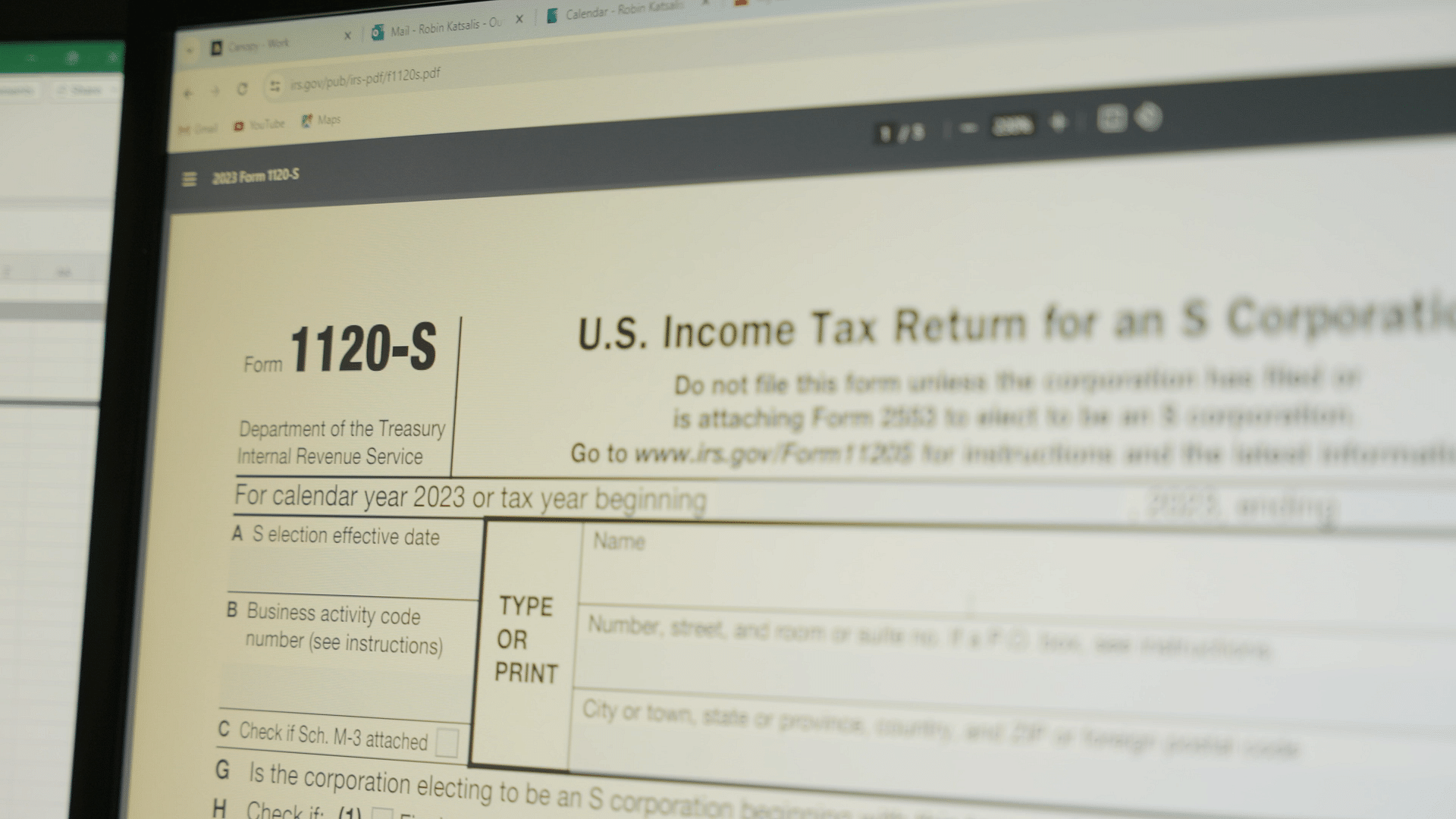
Uh oh, Overlook Something on a Prior Tax Return?
Nov 11th, 2015
It is not uncommon to discover that an item of income was overlooked, a deduction was not claimed, or that an amended tax document was received after the tax return was already filed. Regardless of whether the oversight will result in more tax due or a refund, it should not be dismissed.
Failing to report an item of income will most certainly generate an IRS inquiry, which typically happens a year or more after the original return was filed and after the interest and penalties have built up. On the other hand, if you have a refund coming, you certainly don't want that to go by the wayside.
The solution is to file an amended return as soon as the error or omission is discovered. Amended returns can also be used to claim overlooked credit, correct filing status or number of dependents, report an omitted investment transaction, include items from delayed or unexpected K-1s and corrected or late filed 1099s, and account for an overlooked deduction or anything else that should have been reported on the original return.
If the overlooked item will result in a tax increase, penalties and interest can be mitigated by filing an amended return as soon as possible. Procrastination leads to further complication once the IRS determines something is missing, so it is best to take care of the issues right away.
Generally, to claim a refund, an amended return must be filed within three years from the date the original return was filed or within two years from the date the tax was paid, whichever is later.
If you are concerned that an amended return might trigger an audit, be advised that the fact that you amend a return does not, in itself, increase your chances of being selected for an audit. In fact, it might actually reduce your chances, especially if you are fixing something the IRS will find later anyway, such as through their program that matches the information forms (W-2s, 1099s, etc.) that they receive from employers and other payers with the income reported on your return.
What concerns many taxpayers about amending returns is that an IRS employee must manually compare the amended return changes with the original. That is why the amended return must include a clear explanation and justification for the amendment and back-up documentation to support the changes, even if these were not required on an original return. If back-up documentation cannot be provided, the IRS may want to dig deeper.
That is why it is so important to provide proof or back-up documents to justify the changes being made. Let's say you forgot to claim 20,000 of additional mileage for your business. In this scenario, you definitely want to include documentation, such as mileage logs, supporting the increased deduction.
Not sure if your business or personal tax return needs to be amended? Then maybe it's time to call your business tax preparation advisor.
If you found this article useful, please do not keep this a secret. Share it with a friend.
Copyright 2015 by Steven A Feinberg (@CPAsteve) of Appletree Business Services LLC, a PASBA member accountant, located in Londonderry, New Hampshire, with more than twenty- five years experience on Federal and New Hampshire issues affecting small business, and specializes in helping small business owners with bookkeeping, tax, and payroll services for just one monthly investment. Learn more about Steve's exclusive Business Financial Confidence Map developed for small businesses.


Let’s Help Eliminate Your Stress
If you choose Appletree Business Services for your bookkeeping, payroll or tax needs, you’ll find that good things begin to happen in your business. Your common financial challenges will become simple with a clear map to create your ideal situation. More than that, we’ll identify your “typical” stresses and help make them go away.